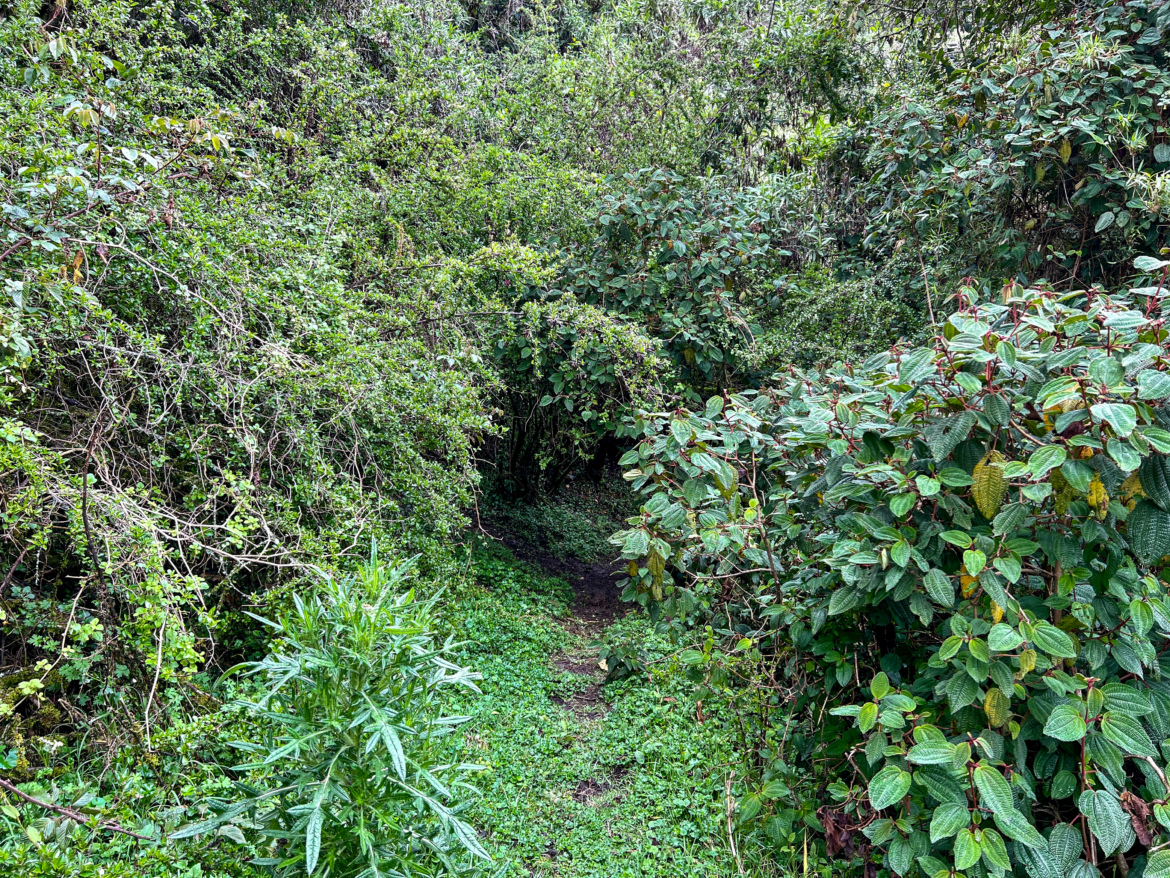
Any opinions expressed in this article belong to the author alone and do not necessarily represent the opinions of Singletracks.com.
I came across an article recently that shared an extensive list of “mountain bike trails you’ll regret attempting.” Unfortunately, the article was trash through and through, from including iconic routes like The Whole Enchilada and A-Line, all the way down to sharing photos from Scotland for a trail that was supposedly in Moab *eyeroll*, so I won’t link to it here.
But it got me thinking: when was the last time I regretted attempting a mountain bike trail?
Before we get there, we need to talk about what it means to “regret” something.
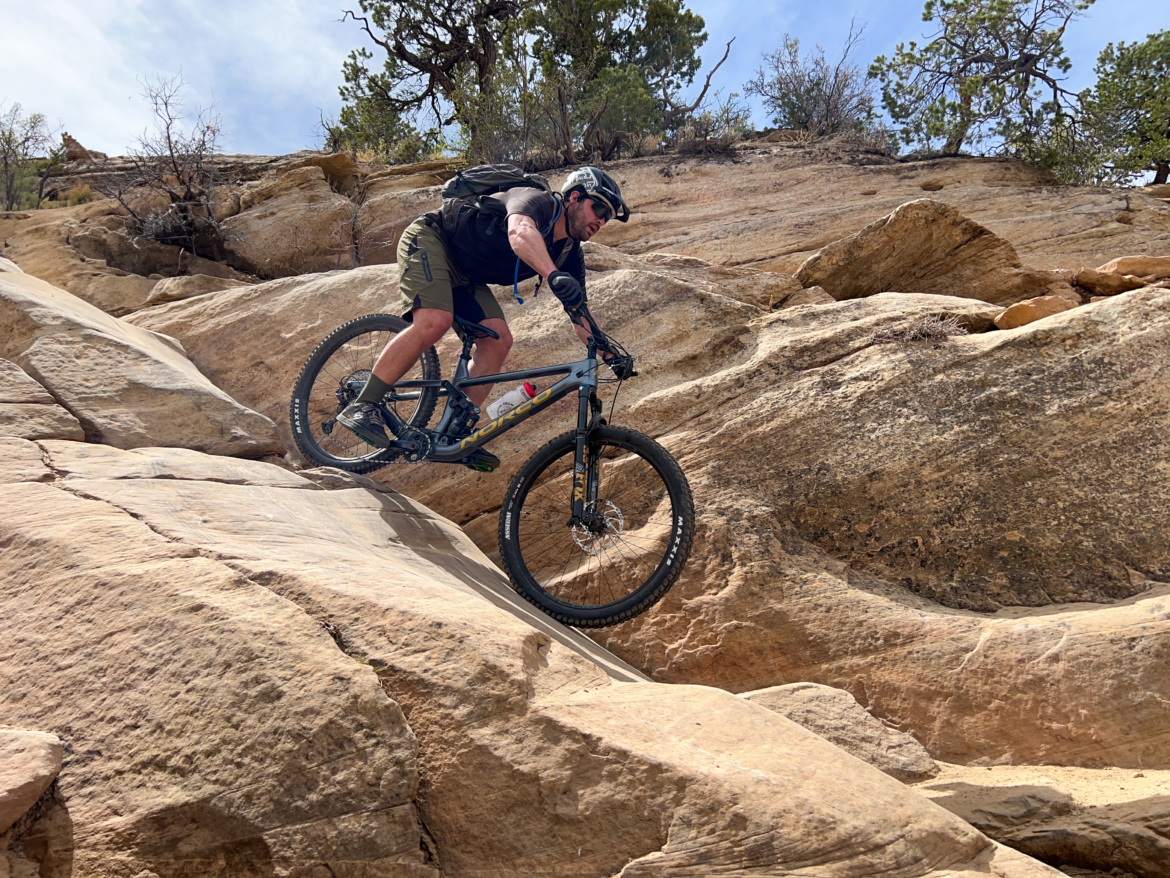
What does it mean to “regret” something?
“Regret” as a verb can be defined as “feeling sad, repentant, or disappointed over (something that has happened or been done, especially a loss or missed opportunity),” according to Oxford Languages.
Even in this simple definition, we can see that regret is “especially” related to a missed opportunity. Based on this and other definitions, it seems rare to regret attempting something new, and much more likely that you’d regret not trying something. This tracks with the key insight from Bronnie Ware’s book, The Top Five Regrets of the Dying.
The #1 regret of the dying is, “I wish I’d had the courage to live a life true to myself, not the life others expected of me,” according to Ware. This, in a nutshell, is a regret driven by not attempting things. The chances not taken include unfulfilled dreams, such as traveling, pursuing passions, starting businesses, writing books, and creating art. This regret also includes playing it safe by staying in jobs, relationships, or routines that felt comfortable but unfulfilling. And it also includes fear of judgment, when people didn’t pursue what they truly wanted because they were afraid of what others would think.
This insight has created a truism that has been trumpeted across social media by self-help gurus in one form or another:
“It is better to have tried and failed than never to have tried at all.”
Or put another way:
“In the end, we only regret the chances we didn’t take.”
So why the hell would you regret trying a new trail?
In my experience, almost all the trails I’ve regretted have been the ones that I didn’t get to ride. On a few big trips, I’ve gotten rained/snowed out, and regretted not being able to ride my desired lines. Or in some cases, I prioritized certain trails over others on a trip (due to time constraints), and later regretted not riding an epic trail that I had passed over.
Sometimes this regret is caused by learning new information at a later date about an epic trail in a destination which I hadn’t heard about before. Then, I regret missing out on the opportunity to ride that epic line, because who knows when I’ll be back?
But do I really regret any of the trails I did ride?
No, I can’t say I do. Similar to the #1 regret of the dying, I regret the things I didn’t do.
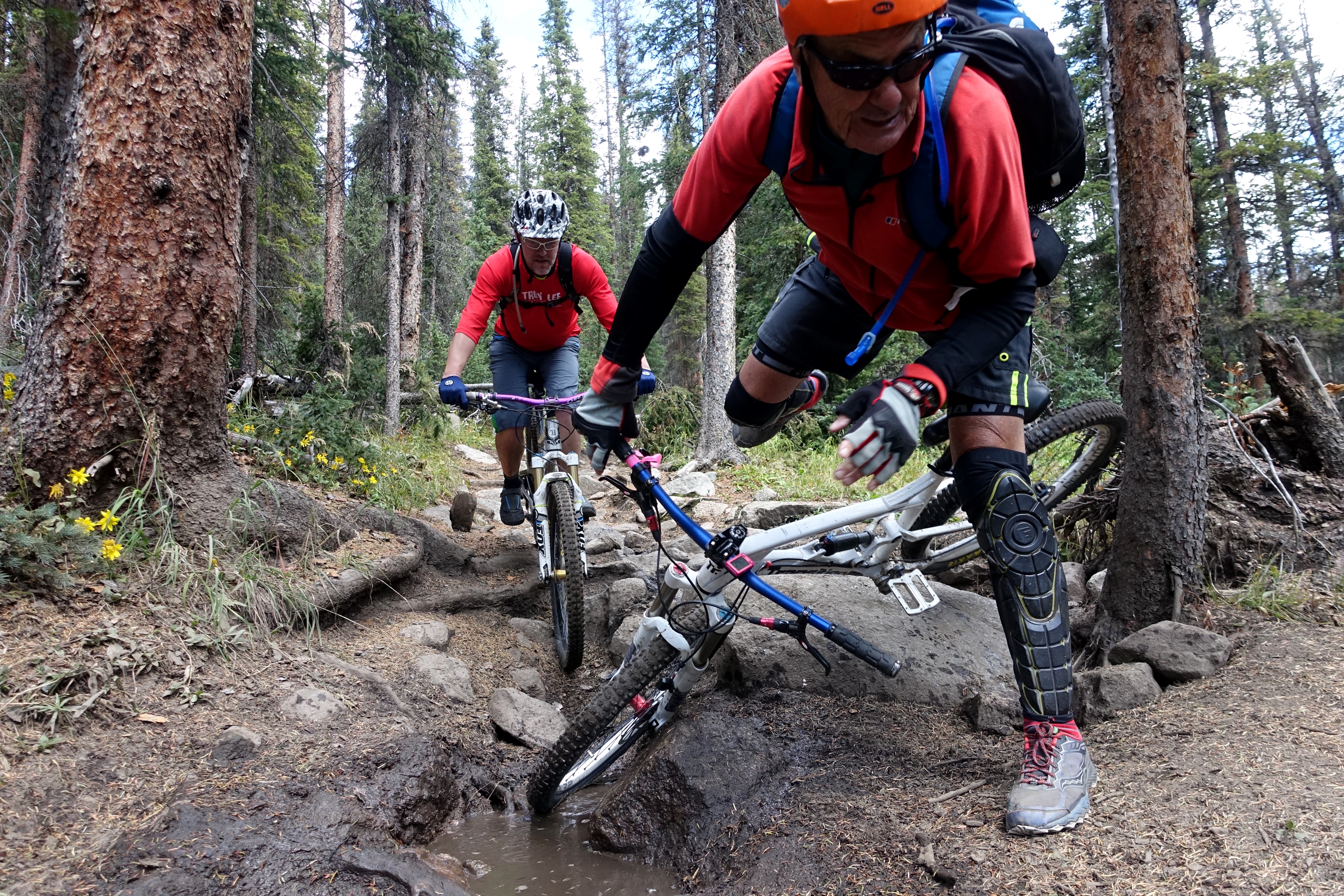
But what if you get injured?
Erroneous foundational definition of “regret” aside, the author appears to assert that mountain bikers will regret attempting trails when they could get injured — and especially if they do get injured.
“Mountain biking attracts thrill-seekers who love pushing their limits, but some trails take that concept to terrifying extremes,” writes Carina Sandoval. “These aren’t your typical weekend rides through scenic forests or gentle rolling hills. We’re talking about trails that have earned their reputation through broken bones, emergency helicopter rescues, and riders who’ve sworn off certain routes forever.”
Surely if you get injured on a ride, you would then regret making the choice to go on that ride, right? Wouldn’t you regret that decision, that attempt, if it ended in injury? This is the most generous interpretation of Sandoval’s poorly considered “article” that I can give.
Even so, regretting the choice to ride because you happened to get hurt on that one ride is actually an example of a cognitive trap called “resulting.” Renowned professional poker player Annie Duke popularized the term in her book, Thinking in Bets: Making Smarter Decisions When You Don’t Have All the Facts.
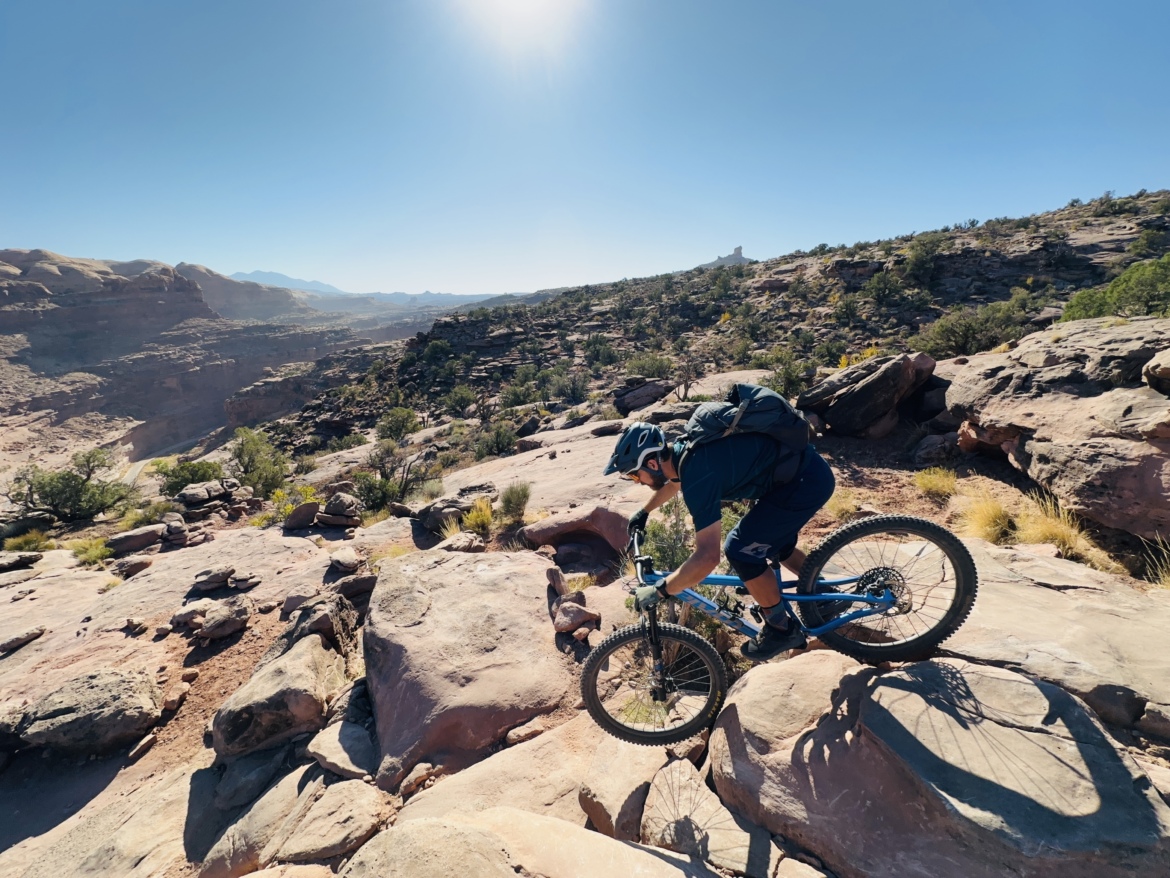
Avoid “resulting” when it comes to mountain bike injuries
The gist of Duke’s argument is this:
Every choice that you make is a bet based on the information available to you at the time. You never know with 100% certainty what the result of a certain choice will be. However, you can make a bet based on the probability and the information at your disposal.
For example, if you head out to ride a smooth, flat, XC trail, you might estimate that you have a 1% chance of crashing while riding the trail. In contrast, a double black diamond downhill trail in Whistler might present a 75% chance of a crash.
Based on these percentages, a smart decision (if you want to avoid crashing) is to ride the smooth, flat XC trail. But even still, in 1% of rides (or 1 out of 100), you can still expect to crash on that XC trail.
Furthermore, if 1 out of 1,000 crashes results in serious, debilitating injury (0.1%), you can say that even if you do crash, it’s unlikely that you’d be seriously injured.
Despite the dramatic odds against it (0.001%), it’s still possible that you could crash on a smooth XC trail and sustain a life-changing injury. The odds are not high that it will happen, but it is still a possibility.
Duke’s basic argument says that by choosing to ride a smooth XC trail, you made a good bet based on the available information. But even if you happen to encounter a low-probability crash and an even lower-probability life-changing injury, that doesn’t mean you made a bad decision. It simply means you experienced a poor outcome.
The cognitive trap occurs when people judge whether a decision was good or bad based solely on its outcome. If someone says that you made a bad decision to ride because you unfortunately happened to crash and/or get injured on the smooth XC trail, they’ve fallen into the resulting trap.
In conclusion, you can’t “regret” the decision or “regret” the ride. As long as you used all of the information available to you on the front end, then you made the best decision possible.
But sometimes shit still happens.
But if I had to pick a trail…
If I had a gun to my head and I had to pick a trail that I regret riding, it would have to be a recent “ride” in Shreveport, Louisiana. I had not yet pedaled singletrack in Louisiana, so we went to check out the closest trail posted in Trailforks. The woods where the “trail” was located had been developed into a massive staging area for some sort of oil or natural gas infrastructure, destroying the core of the trail network.
While locals had attempted to reroute sections of trail to stitch together the remaining singletrack into a logical loop, it was clear that the area had been largely abandoned. We spent most of the ride bashing through briars and thorns, scrambling over down trees, and wandering around through the undergrowth looking for the next sign of singletrack.
After less than two miles of this misery, we bailed out onto a paved road and quit.
Frankly, the mountain bike “ride” was so bad that I wished I had used the limited time we had available to pedal pavement instead. So, in a way, the thing I actually regret is the road ride not taken. Even so, now I can say that I’ve ridden singletrack in Louisiana, and if I never have to go back to that state ever again, I’ll be OK with it (rad trails at Bogue Chitto notwithstanding).
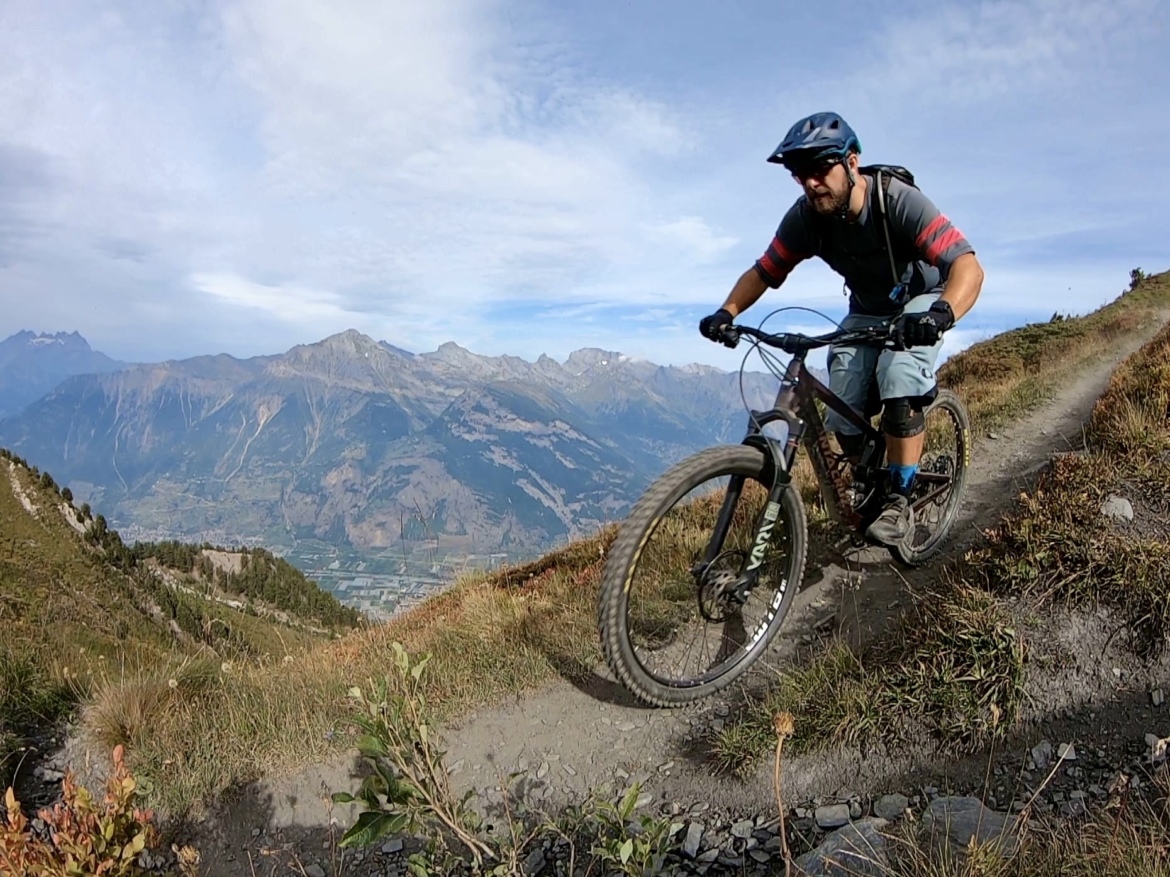
Living with regret is a recipe for a miserable life
Whether in mountain biking or the rest of life, living filled with regret is a recipe for a miserable existence. So how do you avoid it?
If you take the chance, head out the door, and ride the trail, you’ll have very few reasons to regret the way you spent your life. As long as you carefully evaluate your skill level and choose your trails accordingly, the only thing worth regretting is not giving it a shot!


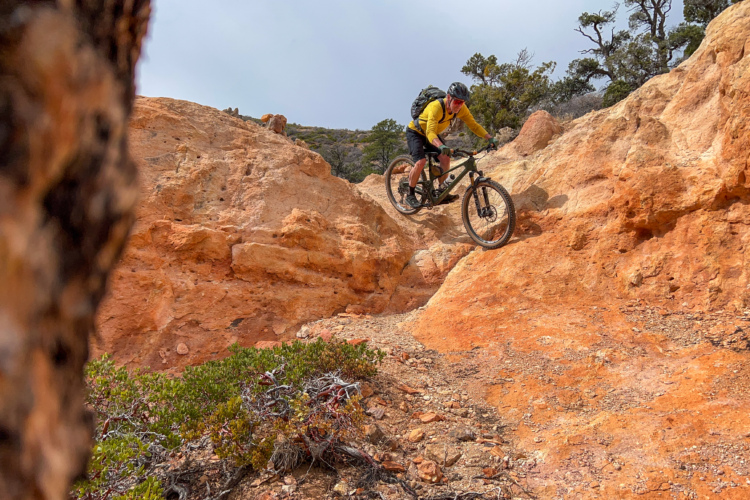



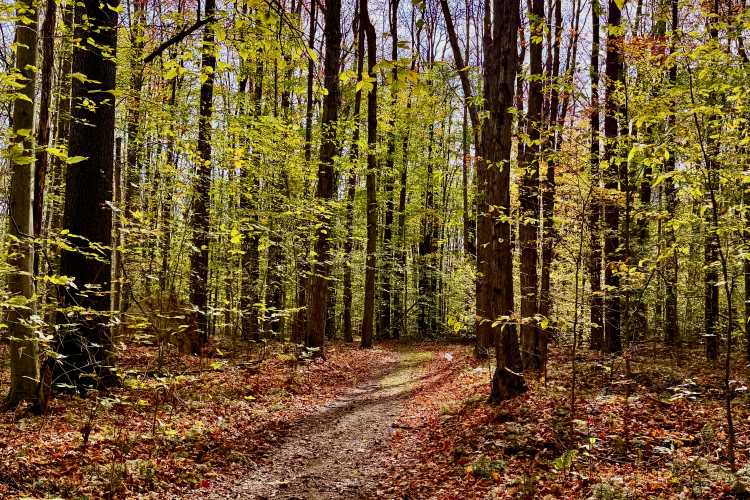
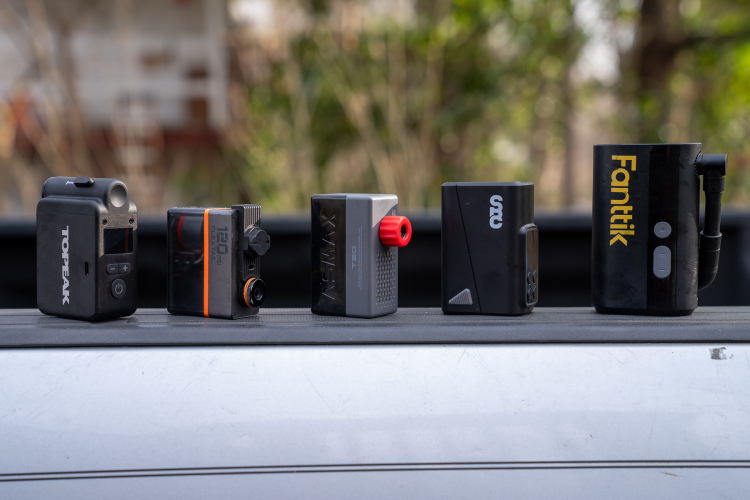



10 Comments
Jul 25, 2025
Jul 25, 2025
Jul 21, 2025
Jul 21, 2025
Thanks Greg
I've always liked the way you write about our favorite (maybe) past time. I've bush wacked a couple of times I've regretted, a "thorny situation" Crashed today, too much body armor to get hurt or be comfortable. I've got scars
in- between all that armor.
Warm Regards Ruti
Jul 22, 2025
Back to the trails, I have certainly finished a few trails and thought, I'll never ride that trail again! But, I didn't regret riding it. I explored, I pushed myself and I learned, even if I didn't have fun. Great work, Greg.
Jul 25, 2025
Jul 23, 2025
What could’ve been an amazing trail was built by a construction company and what seems like 90% of the trail is baby heads that switchbacks down a mountain.
Capital to Tahoe is a great example of what it could’ve been.
And honestly the regret is more that I could’ve spent those hours riding ANY other trail in Tahoe than that one.
Jul 31, 2025
Jul 25, 2025
Jul 31, 2025